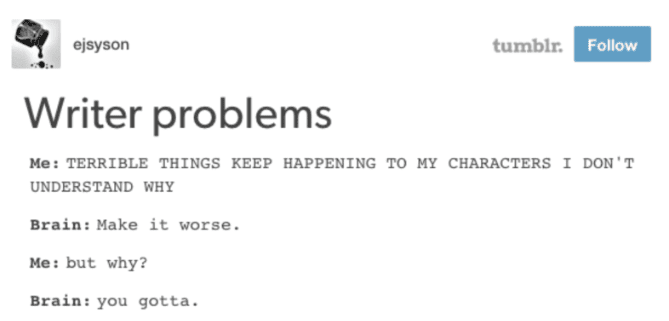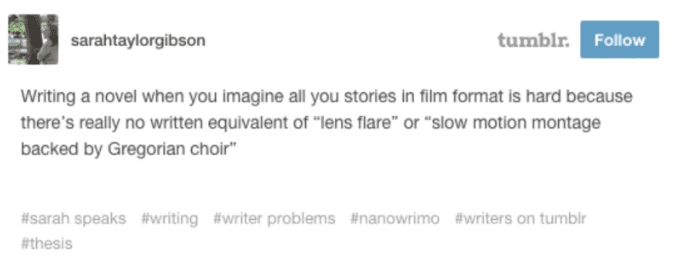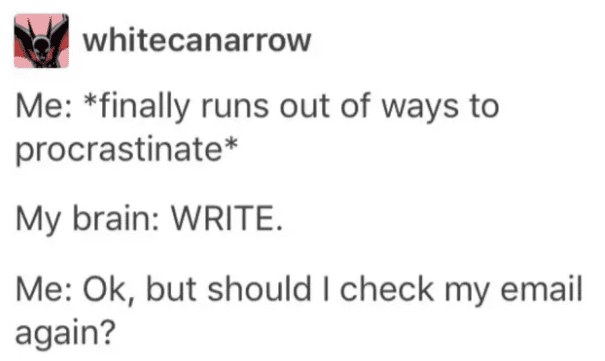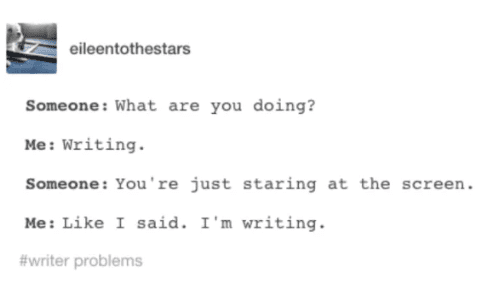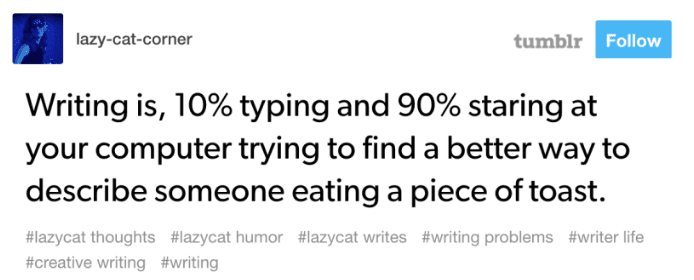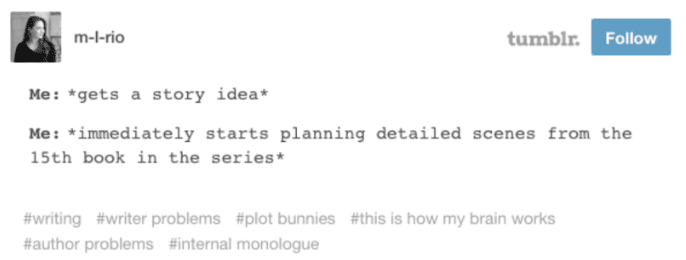Job interviews are pretty rough for interviewees. The nerves are palpable, and the back-and-forth between employer and job prospect can often be rife with landmines.
Then there’s the dreaded question: “What’s your biggest weakness?”
Ugh, now what? Well, we’re all in luck. These AskReddit users shared their opinions on how you should answer the most infamously difficult question to get “right.”
1. Awareness
“When I was graduating college I got interview tips from my dad who was heavily involved in the hiring process at his company for his department. His advice on this one, which I’ve used ever since and has gone great, was:
The whole “say a weakness that’s actually a positive” has been done to death and is such common knowledge that it’s no longer a clever “trick” and is now seen as avoiding the question. People want to see some self awareness, obviously don’t bring something absolutely terrible up, but mention a real flaw and most importantly what you’ve done to address or work with it.
For example the one I tend to use is that I can be forgetful so I now keep multiple sets of calendars, reminders, notes, etc to cover as much as possible.”
2. Nervous excitement
“One of my actual weaknesses: when I get nervous/excited, I tend to speak really fast and breathlessly. This can actually have a negative influence on my job as I work in healthcare and have to respond/communicate during emergencies.
For my next interview, I will bring this up, and say I have discovered that taking a second to collect myself and take a deep breath seems to calm my nerves and allow me to do/say what is needed in a more collected manner.”
3. Might work?
“What’s your greatest-”
“Weakness? Finishing other peoples’ sentences.” Calan_adan
“That’s what I was gonna’ say!”
4. Sharing
“For my current job, I said that I had a hard time sharing my ideas with new groups.”
5. Controlling
“Actual weakness: Taking on jobs by myself, not taking time to train other people to do them. In the end, I’m usually “the guy” and find myself feeling burnt out.
Probably could be worded better at an interview, but this could sound like you’re a “go-getter.” It might also encourage your employer to find opportunities for you to train other people to do things you particularly don’t like doing.”
6. Dedicated
“I said “I don’t like letting go of unfinished projects” during my interviews. I feel like it shows that I’m dedicated to the work I take on.”
7. Brutal honesty
“Show enough self awareness to know your actual weaknesses and mention how you’re working to reduce their impact on your life. For example, I have an issue with speaking compassionately. For a long time, I believed brutal honesty was the best way to go about things, but it often backfired and made people less willing to work with me because they respected me less and they thought I respected them less.
My wife has helped me with this by, for example when I say something and it’s phrased badly, she’ll say “stop. Try it again.” And I’ll rephrase it to be more empathetic and kinder while still getting across the information I want to communicate.”
8. …Yet
“If you are changing industries, your biggest weakness is not knowing the industry… yet.
If you are younger, say inexperience. Anything to show your willingness to learn and develop.”
9. Good move
“I work in healthcare and always say “Not speaking Spanish” and odds are the interviewer is also not fluent in Spanish so it comes across as not really a weakness. WIN-WIN!”
10. How will you respond?
“Frame it in terms of something you’re looking to improve. “Well, at my last performance evaluation I received some constructive criticism regarding X, so since then I’ve been doing Y and Z to focus on improving in that regard.”
Honestly though, if an interviewer asks you that ridiculous cliched question either they have no idea what they’re doing and/or don’t give a crap, or they aren’t looking for an answer but just want to see how you respond to being pushed.”
The post People Share the Best Weaknesses You Should Share in a Job Interview appeared first on UberFacts.








































 #writing #writers #writersofinstagram #memes #writingmemes #files #documents #funny #writersofinstagram #writerscommunity
#writing #writers #writersofinstagram #memes #writingmemes #files #documents #funny #writersofinstagram #writerscommunity
